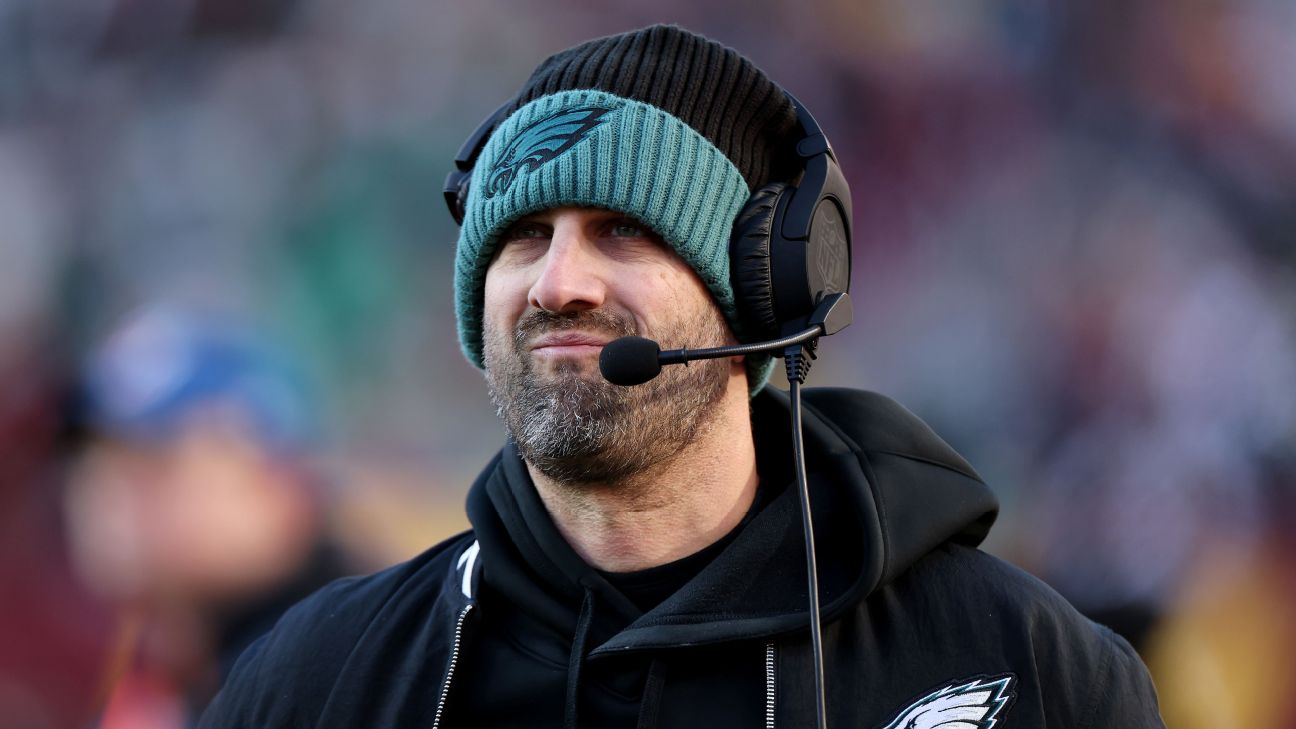Phila. researcher discovering how tendinitis happens

CENTER CITY (WPVI) -- Tendinitis is one of the most common injuries around.
But treatments are limited, and the medical world actually knows very little about how it happens.
Now a local hand surgeon is getting answers to those questions.
"I'm going to press a few spots. let me know if you feel any pain," says Dr. Rowena McBeath of the Philadelphia Hand-to-Shoulder Center at Jefferson.
Janet Meeks has had her share of hand problems - carpal tunnel, trigger finger - and last fall, tendinitis of her thumb.
"Just all of a sudden one day, it was starting to hurt just a little bit, and then it started hurting more and more and more," says Meeks, of Glassboro, New Jersey.
Dr. McBeath says the 2 tendons at the base of Janet's thumb had become inflamed.
Janet said she couldn't squeeze, or even hold, her husband's hand.
Tendinitis occurs often, in sports, and jobs with a lot of repetitive motion, and in general, as we get older.
However, doctors don't really understand the mechanism that turns those motions into inflammation.
And people can't always stop the actions that cause the inflammation.
When neither an injection, nor physical therapy, nora brace chase pain away for good, surgery is the next step.
"But when we talk surgery, everyone says, 'I don't want surgery.'" she notes.
So Dr. McBeath won federal funding to study the problem in her lab.
"The idea is that if we learn more about the mechanism of how these things happen, we can catch it before it gets so bad as to require surgery," she says.
Using tendon samples from patients having surgery, she found that cells grown under low-oxygen levels, similar to what happens in the body as we age, were different.
"Changes in the cell shape, changes in the surrounding tissue," notes the doctor.
And an important chemical involved in cell growth was less active.
Finding a way to boost the chemical might prevent inflammation.
Janet did opt for surgery, and the pain she ranked as a 7 or 8 is gone.
"I can do everything I did before, without pain. There's no more pain," she says with a smile.
And she notes she can now squeeze her husband's hand again,
Dr. McBeath says her research may also help in other joint problems, where you want to make softer cells become harder cartilage, in order to keep bones from rubbing together.






